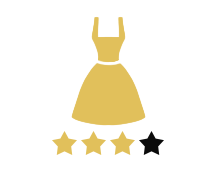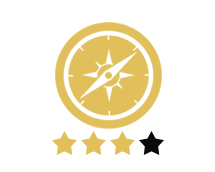wrote:
and adapted to today's world, or is it too tainted by e.g. nazi usage in recent\current times?
It's a tiny fraction of people who still uphold an active belief in norse mythology worldwide today. Many considered it dead after the Nordic countries got Christianized around year thousand. It is misused by nazists, but it still has a lot of individuals practicing or indulging in it as a culture, belief, a return to older traditions of the land. It is far from a culture without faults and atrocities historically, but that being primarily old history (looking away from nazi misuse), the possibility to adapt it and keepsake the good sides that are relevant to today's world is a real option. What we know about Norse mythology today is pieces of many different expressions and remains of the culture. While it is presented as more of one, overall, common thing, it realistically varied much more internally even though overall values stayed the same.
Please, stay civil. Thank you.
and adapted to today's world, or is it too tainted by e.g. nazi usage in recent\current times?
It's a tiny fraction of people who still uphold an active belief in norse mythology worldwide today. Many considered it dead after the Nordic countries got Christianized around year thousand. It is misused by nazists, but it still has a lot of individuals practicing or indulging in it as a culture, belief, a return to older traditions of the land. It is far from a culture without faults and atrocities historically, but that being primarily old history (looking away from nazi misuse), the possibility to adapt it and keepsake the good sides that are relevant to today's world is a real option. What we know about Norse mythology today is pieces of many different expressions and remains of the culture. While it is presented as more of one, overall, common thing, it realistically varied much more internally even though overall values stayed the same.
Please, stay civil. Thank you.



 0
0 0
0 0
0 0
0 To join the forums you need to be logged in.
To join the forums you need to be logged in.















 20
20

